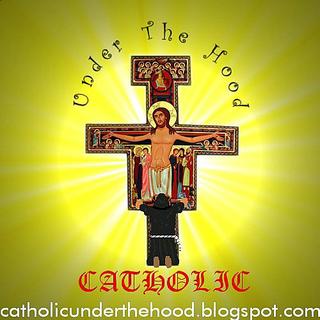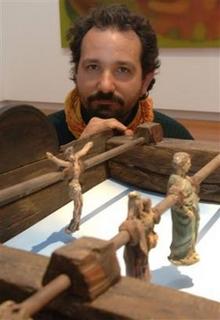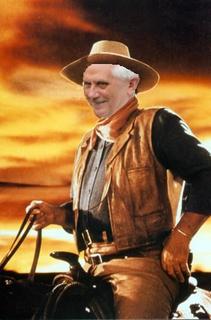There are other understandings of original sin which differ from that of Humani Generis. I would like to look at them and then offer my responses.
Many biblical scholars and scientists oppose what they see is a “pre-critical” understanding of humanity expressed in the Catechism too tied to a literal understanding of Genesis. Scientifically, they assert that the existence of microbes and viruses causing diseases predate the beginnings of humanity and cast doubt upon a view that evil and suffering exist only due to a “fall”. Indeed, they would argue that much of creation exhibits behavior that might be called sinful such as the real aggressiveness of many creatures toward each other – examples of theft, deception, and violence are demonstrated even by primates. While such behavior is not truly sinful since these animals are not morally reflective, it does indicate that much of the behavior that we consider to be wrong has been part of nature long before the advent of humanity.
Because of the propensity of species to behave in this way, some scientists see the origin of such behavior less in “sin” than because these behaviors were inherited from a common ancestor – in our case not a human ancestor and certainly not a biblical Adam. Rather, these scientiests would say that we inherited these “sinful” traits from our evolutionary ancestors of long ago.
Some scientists also argue against that idea of a “fall”, asserting that that instability and change are necessary for the advancement of all creation and that humanity itself is a product of the inherent chaos in the universe. In fact, even suffering and death are an inherent part of creation. The reality of limited resources means that, if a species is to grow, some members must die. Even within our own bodies some cells must die to enable us to grow and develop. The law of entropy states that all systems will eventually break down.
Biblical scholars fear that reliance upon an outdated understanding of original sin is easily used by those hostile to evolution to support their position. Some theologians, like Piet Schooenbert, S.J. see original sin in the evils of the social situation into which we are all born. While this understanding does move beyond a biblically literalist perspective and recognizes the importance of the social environment into which we are all born, such a position does not truly establish how we got into this situation in the beginning. That is, how did the human situation become sinful?
Many of these scientists and Biblical scholars feel the need to express original sin in evolutionary terms. Original sin is not to be seen in the choice of some “Adam” but rather in humanity’s failure to use its free will to move beyond the “sinful” tendencies of its nonhuman ancestors. There was no “fall” because there was never a state in which life existed that such “sinful” tendencies did not also exist.
I find problems with this revision of the theology of original sin. First, if “sinful” behavior is simply a process of our evolution, does it become evil simply because we now believe it to be bad? Certainly awareness that a particular act is sinful is necessary for something to be a sin, but simply saying that something is sinful doesn’t make it so. This especially seems to be the case if such “sinful” behavior was evolutionarily necessary for the survival of species, that these behaviors continued because they favored these species in the process of natural selection and that even apparent altruistic behavior can be explained in terms of selfishness. If such behavior was “good” in the sense that it promoted survival of a species, why is such behavior no longer “good” - especially if one can argue that it is simply a part of our natural desire to help ourselves – either as a species or an individual?
One of the geniuses of the Christian tradition is that it turns such an understanding on its head by proclaiming blessed are the meek. It is not some Nietzchian understanding that looks only to the strong for salvation.
Furthermore, if the nature of existence is indeed toward entropy and disorder does this not run counter to any understanding of a “growing” and “improving” universe?
Despite these problems, there is an important point of concurrence which can be made. The prior existence of “sinful” behavior does not detract from a traditionalist understanding that original sin is the result of a human choice. Indeed, contemporary theologians would agree that human sin results from human choice. Therefore, original sin is not the behavior, but the decision to engage in such behavior when one could freely choose differently. Using the Genesis metaphor, humanity chose to disobey God in response to the temptations of the serpent. Could not the serpent be seen as an embodiment of this evolutionary “sin”? In acceding to the serpent’s temptation, was not humanity thereby refusing God’s offer to live differently than their ancestors?



















